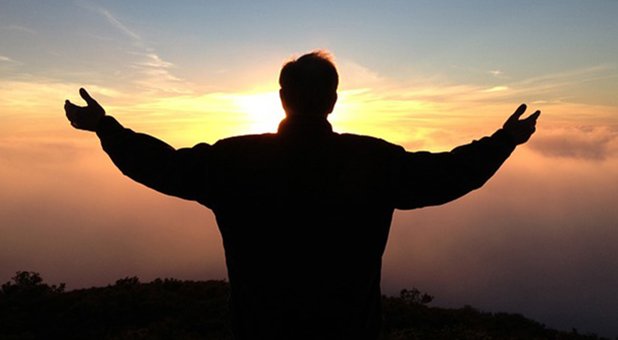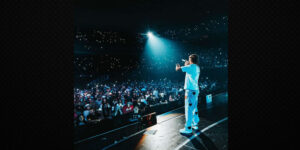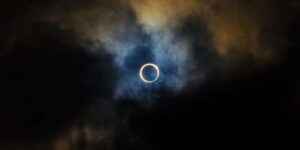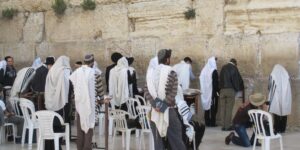The Left’s Cluelessness About God, Prayer and America
“God Isn’t Fixing This!” was the disparaging headline of the New York Daily News that revealed how clueless the Left is about God, prayer and the founding of America. This headline was the liberal paper’s response to GOP candidates offering condolences and prayers in the aftermath of the terror in San Bernardino. The paper then blasted Ted Cruz and others for having the audacity to pray and not pass tougher gun laws.
Liberal politicians chimed in with their agreement, revealing that they too are either clueless about America’s origins, or they find them too embarrassing and choose to distance themselves from them. The fact is that prayer played a major role in America’s founding and has been an important part of its ongoing history.
The prominent role of prayer in America’s beginnings is made obvious by looking at the life of one of the country’s most nonreligious Founders, Benjamin Franklin. On more than one occasion, during times of national crises, Franklin personally called for public prayer, including his call for prayer at the Constitutional Convention of 1787.
Franklin’s first call for public prayer came around 1741, during a time when Spain and Britain were at war. Concerned by the vulnerability of Philadelphia to a marauding Spanish warship, Franklin led the way in building fortifications at the edge of the city and securing cannons overlooking the bay.
He then suggested to the governing assembly that they proclaim a day of prayer and fasting “to implore the blessing of heaven on our undertaking” (Hyatt, The Faith & Vision of Benjamin Franklin, 39). The assembly agreed, and Franklin composed the proclamation, which was then translated into German and distributed throughout the colony in both English and German. On the set day, Franklin and all of Pennsylvania observed a day of prayer and fasting in which they asked God to bless and protect their colony.
The next account we have of Franklin calling for public prayer was at the Constitutional Convention held in Philadelphia in 1787. When the convention was about to be disbanded because of regional disagreements, Franklin, now 81 years of age, arose and addressed the convention president, George Washington, with these words, “How has it happened, sir, that we have not once thought of humbly appealing to the ‘Father of Lights’ to illumine our understandings” (Hyatt, The Faith & Vision of Benjamin Franklin, 62).
Franklin then reminded those present that during the war, when their lives were in danger, “we had daily prayers in this room for divine protection.” Indeed, not only were there daily prayers by its members, but during the Revolutionary War, no less than 15 calls for days of public prayer and fasting were issued by the Continental Congress, of which Franklin was a member. The Proclamation of 1779 urged the nation “humbly to approach the throne of Almighty God” to ask “that He would establish the independence of these United States upon the basis of religion [Christianity] and virtue.”
Franklin not only reminded the delegates of their daily prayers during the war, but also of how God had answered those prayers. “Our prayers were heard,” he said, “and were graciously answered.” He then suggested that prayers “imploring the blessing of heaven” be made each morning before beginning deliberations.
According to those present, “an atmosphere of reconciliation seemed to settle over the convention hall.” Petty grievances and local interests were laid aside and the delegates went on to complete their task of formulating the American Constitution and Bill of Rights.
The Daily News, and modern liberals who disparage prayer, could learn a thing or two from Benjamin Franklin and the nation’s Founders. But with their bloated egos and inflated self-importance, that may be asking too much, for the very act of prayer is an act of humility acknowledging the need for assistance from outside one’s own self. {eoa}
This article was derived from Dr. Eddie Hyatt’s latest book, The Faith & Vision of Benjamin Franklin, available from Amazon and from his website at eddiehyatt.com.







































